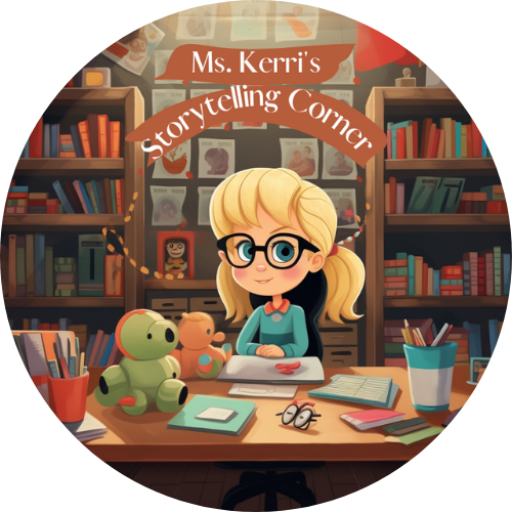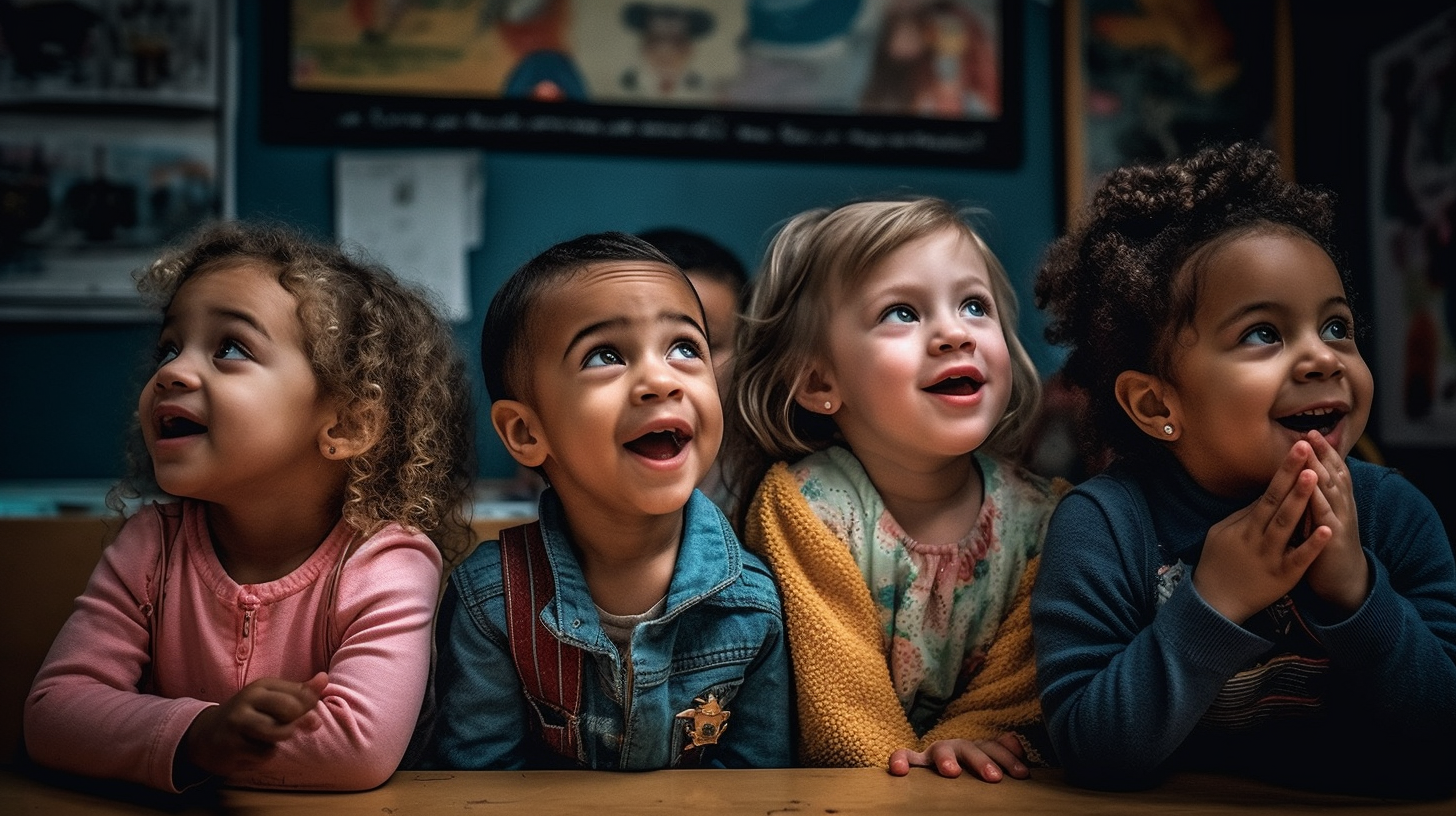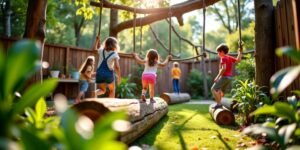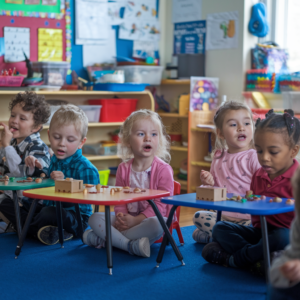
The Role of Socialization in Preschool: Building Friendships and Cooperation
Preschool is a critical period in a child’s development, where they begin to navigate the world beyond their immediate family and form connections with peers. During this stage, socialization plays a vital role in shaping their social, emotional, and cognitive growth. It is through social interactions that preschoolers learn essential skills like communication, empathy, cooperation, and problem-solving. This article explores the significance of socialization in the preschool years, highlighting how it contributes to building friendships and promoting cooperation among young children. We will delve into the developmental benefits of socialization, discuss strategies for creating a supportive environment, and examine the roles of teachers and parents in facilitating socialization. Furthermore, we will explore ways to address challenges and conflicts that may arise, ultimately emphasizing the importance of nurturing social skills in preschool for lifelong success.
1. Introduction: Understanding the Importance of Socialization in Preschool
1.1 The role of socialization in early childhood development
Ah, preschool. It’s that magical time when little humans start their journey towards becoming full-fledged members of society. And one of the most crucial aspects of this journey is socialization. In preschool, children interact with their peers, form friendships, and learn the essential skills needed to navigate the social world.
1.2 Impact of socialization on cognitive and emotional development
But socialization isn’t just about playdates and giggles (although there are plenty of those!). It actually plays a significant role in a child’s cognitive and emotional development. Through social interactions, kids learn to communicate, cooperate, and regulate their emotions. It’s like a crash course in life skills – all before naptime!
2. The Developmental Benefits of Socialization in Preschool

2.1 Enhancing communication and language skills
Preschool is like a language laboratory for kiddos. Through socialization, children have the opportunity to practice their communication skills, expand their vocabulary, and learn how to express themselves effectively. It’s like they have their own secret code, complete with tricycle handshakes and sandbox conversations.
2.2 Fostering social-emotional skills and self-regulation
Socialization isn’t just about playing nicely; it’s also about understanding and managing emotions. In preschool, children learn to navigate the complex world of social interactions, which helps them develop essential social-emotional skills. They learn to take turns, share toys, and handle conflicts like tiny diplomats.
2.3 Developing empathy and perspective-taking abilities
Empathy is a superpower, and preschoolers have a knack for developing it. Through socialization, children learn to understand and respect others’ feelings, fostering a sense of empathy and compassion. It’s like they have a built-in radar for detecting when someone needs a hug or a snack.
3. Creating a Supportive and Inclusive Environment for Socialization
3.1 Establishing a safe and welcoming classroom atmosphere
Creating a supportive and inclusive environment is key to successful socialization in preschool. Teachers work their magic to make the classroom a safe and welcoming space where children feel comfortable being themselves. It’s like a cozy little clubhouse where everyone is invited.
3.2 Incorporating diverse activities and materials
Preschool is all about exploring and discovering new things. By incorporating diverse activities and materials, teachers expose children to various experiences, cultures, and perspectives. It’s like a mini world tour, complete with finger paints and dress-up costumes.
3.3 Encouraging positive peer interactions
In the preschool social scene, good vibes only! Teachers play a crucial role in encouraging positive peer interactions and modeling appropriate behavior. From teaching sharing to helping resolve conflicts, they’re like social coaches, guiding children towards friendship stardom.
4. Promoting Friendship Building Skills in Preschoolers

4.1 Encouraging social interactions during free playtime
Free playtime is the perfect arena for building friendships. Teachers encourage social interactions by creating opportunities for children to engage with one another. It’s like a playtime matchmaking service – minus the roses and dramatic music.
4.2 Teaching sharing and turn-taking skills
Sharing is caring, and preschool is a sharing boot camp. Teachers teach children the importance of taking turns, sharing toys, and being considerate of others. It’s like preschoolers become mini ambassadors of kindness.
4.3 Implementing group activities that foster teamwork
Preschool is all about teamwork. Teachers devise group activities that require children to work together, building their cooperation and collaboration skills. It’s like they’re training for the preschool Olympics – where the gold medal is friendship.
So, there you have it – the role of socialization in preschool. It’s not just about building blocks and finger paint masterpieces; it’s about building friendships, fostering cooperation, and unleashing the superheroes of tomorrow. After all, where else can you find a group of tiny humans who can make the world a better place, one playground adventure at a time?Navigating the ups and downs of preschool friendships
7.3 Strategies for resolving conflicts and promoting positive interactions
8. The Long-Term Benefits of Socialization in Preschool
8.1 Developing crucial social skills for future success
8.2 Fostering empathy, compassion, and emotional intelligence
8.3 Creating a foundation for lifelong friendships and social connections
—
5. Encouraging Cooperation and Collaboration Among Preschoolers
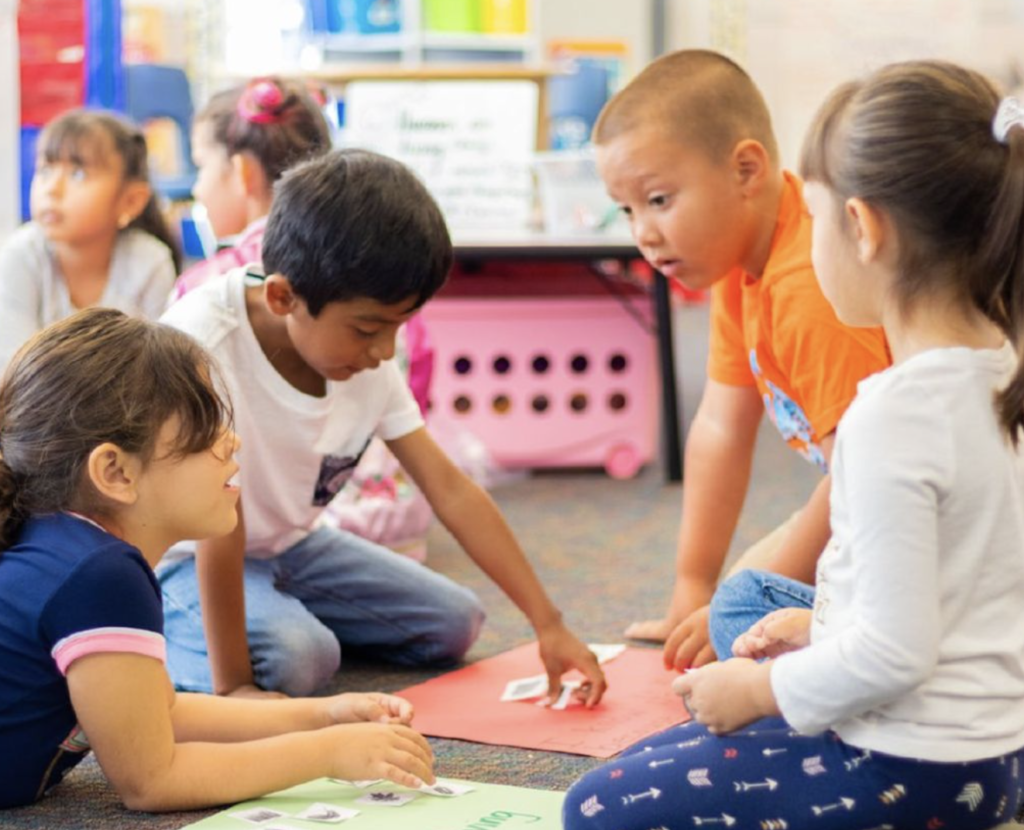
5.1 Teaching problem-solving and conflict resolution techniques
Preschool is a prime time for kids to learn how to navigate the tricky world of problem-solving and conflict resolution. Because let’s face it, even adults struggle with those skills sometimes. By teaching our little ones strategies for working through disagreements, we’re setting them up for success in the future. Whether it’s using “I” statements to express their feelings or practicing compromise, these techniques will help them build strong social bonds and face challenges head-on.
5.2 Promoting group discussions and decision-making
Preschool isn’t just about learning ABCs and 123s—it’s also about learning how to work with others. By encouraging group discussions and decision-making, we’re helping our little social butterflies develop important skills like active listening, respecting others’ opinions, and making compromises. Who knows, maybe they’ll even come up with a solution to world peace one day. But for now, let’s settle for figuring out which toy to play with next.
5.3 Cultivating a sense of community and collective responsibility
Preschool is like a tiny village where our kids learn to be responsible members of society. By teaching them about their role in the classroom and instilling a sense of collective responsibility, we’re helping them understand the importance of cooperation, respect, and being kind to others. Plus, it’s never too early to start practicing for those future group projects in high school and beyond. Preschool: shaping future teamwork champions since, well, forever.
—
6. The Role of Teachers and Parents in Facilitating Socialization
6.1 Building strong partnerships between teachers and parents
Teachers and parents are a dynamic duo when it comes to facilitating the socialization journey of our preschoolers. By building strong partnerships, we can ensure open lines of communication, share insights, and work together to support our little ones as they navigate the complexities of friendships. So, teachers, let’s bring out the superhero capes and parents, grab your sidekick masks. Together, we’ve got this socialization thing covered!
6.2 Modeling positive social behaviors and communication
Monkey see, monkey do. Kids are like tiny sponges, absorbing everything they see and hear. That’s why it’s crucial for us grown-ups to model positive social behaviors and communication. From saying “please” and “thank you” to showing empathy and listening attentively, our little impressionable beings will mirror the behaviors they see around them. So, let’s be the version of ourselves we want our kids to become. And remember, no capes required for this heroic act!
6.3 Collaborating to reinforce socialization skills at home and school
Just like peanut butter and jelly, parents and teachers make the perfect pair. By collaborating to reinforce socialization skills at home and school, we can create a united front in teaching our kids the importance of building friendships and thriving in social environments. Whether it’s incorporating social activities into homework time or discussing social experiences during family dinners, our joint efforts will help our little ones become socialization superstars. Justice League of Socialization, assemble!
—
7. Addressing Challenges and Resolving Conflicts in Preschool Socialization

7.1 Recognizing common socialization challenges in preschool
Preschool may be filled with laughter and boundless energy, but it’s not all rainbows and unicorns. There are bound to be challenges along the way as our little ones navigate the complex world of socialization. From sharing toys to dealing with playground disagreements, it’s important for us to recognize these common challenges and provide support and guidance to our budding social butterflies. After all, even superheroes face obstacles sometimes.
7.2 Navigating the ups and downs of preschool friendships
Preschool friendships can be as unpredictable as the weather. One day they’re inseparable, the next day they’re arguing over who gets to be the princess in the dress-up corner. As parents and teachers, our role is to help our little ones navigate these ups and downs with grace and resilience. By providing a safe and supportive environment and teaching them about empathy and compromise, we can guide them through the rollercoaster ride of preschool friendships. Hold on tight, kids!
7.3 Strategies for resolving conflicts and promoting positive interactions
When conflicts arise in the preschool kingdom, it’s essential to have a toolkit of strategies ready to go. From teaching problem-solving techniques to encouraging positive communication, we can empower our little ones to work through conflicts and promote positive interactions. So next time they’re arguing over who gets the last cookie, they’ll be armed with the skills needed to resolve the dilemma without resorting to a full-fledged food fight. That’s definitely a win for all of us.
—
8. The Long-Term Benefits of Socialization in Preschool
8.1 Developing crucial social skills for future success
Preschool isn’t just about finger painting and snack time—it’s also about laying the foundation for crucial social skills that will benefit our kids throughout their lives. From learning to share and take turns to practicing empathy and cooperation, these skills will help them thrive in school, work, and relationships. So, let’s raise a juice box to the power of socialization in preschool!
8.2 Fostering empathy, compassion, and emotional intelligence
In a world that sometimes feels short on empathy and compassion, preschool provides the perfect opportunity to nurture these qualities in our little ones. By teaching them to understand and share the feelings of others, we’re fostering empathy, compassion, and emotional intelligence. Because let’s face it, the world could always use a few more empathetic superheroes.
8.3 Creating a foundation for lifelong friendships and social connections
Preschool friendships have the potential to blossom into lifelong connections. By nurturing these early social bonds, we’re giving our kids the gift of lasting friendships and social connections. Who knows, that friend they made in preschool could be the one they call in 20 years to reminisce about finger paints and playground adventures. So, let’s celebrate the power of socialization in preschool and the friendships that will stand the test of time.
Cheers to lifelong playmates!In conclusion, socialization in preschool is not just about making friends and having fun, but it is a fundamental aspect of a child’s overall development. Through social interactions, children gain vital skills and abilities that will serve them well throughout their lives.
By creating a supportive and inclusive environment, promoting friendship building, encouraging cooperation, and involving teachers and parents, we can ensure that preschoolers have the opportunity to develop strong social skills.
With these skills in hand, they will be better equipped to navigate relationships, collaborate with others, and thrive in various social settings. By recognizing the importance of socialization in preschool and investing in its promotion, we can lay the foundation for their future success and well-being.
FAQ

1. Why is socialization important in preschool?
Socialization in preschool is important because it helps children develop essential social skills and emotional intelligence. It allows them to learn how to communicate, share, cooperate, and resolve conflicts with peers. Moreover, socialization fosters empathy, perspective-taking, and the ability to form and maintain healthy friendships.
2. How can teachers and parents support socialization in preschool?
Teachers and parents play crucial roles in facilitating socialization in preschool. They can create a supportive and inclusive environment, model positive social behaviors, and actively promote activities and interactions that encourage friendship building and cooperation. Collaborating with parents and maintaining open lines of communication can also reinforce socialization skills at home and school.
3. What are some common challenges in preschool socialization?
Preschool socialization can come with its challenges. Common issues include conflicts over sharing or turn-taking, difficulty in resolving conflicts independently, and navigating social hierarchies. Some children may struggle with shyness or anxiety in social situations. Recognizing these challenges and providing guidance, support, and appropriate strategies can help children overcome these obstacles and thrive socially.
4. Can socialization in preschool have long-term benefits?
Yes, socialization in preschool can have long-term benefits. The social skills and emotional intelligence developed during this stage can positively impact a child’s relationships, academic performance, and overall well-being in subsequent years. By laying a strong foundation in preschool, children are better prepared to navigate social interactions, collaborate effectively, and build meaningful connections throughout their lives.


Ms. Kerri’s Corner provides a exciting virtual space for preschool learning. Through a variety of engaging activities, she exposes young minds to early math, literacy, science and social-emotional skills in a developmentally appropriate way. Centers for blocks, art, books and music allow children to explore hands-on learning at their own pace. Guided lessons subtly introduce number sense, letter sounds and narrative thinking. Careful observation gives insight into each child’s progress across domains. Viewers are also invited to participate, reinforcing that their ideas are valued. By making learning fun yet purposeful, Ms. Kerri lays the groundwork for future academic success while fostering creativity and imagination. Her program offers preschoolers valuable screen-based learning experiences.
